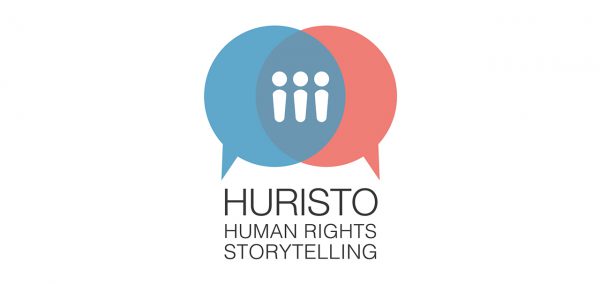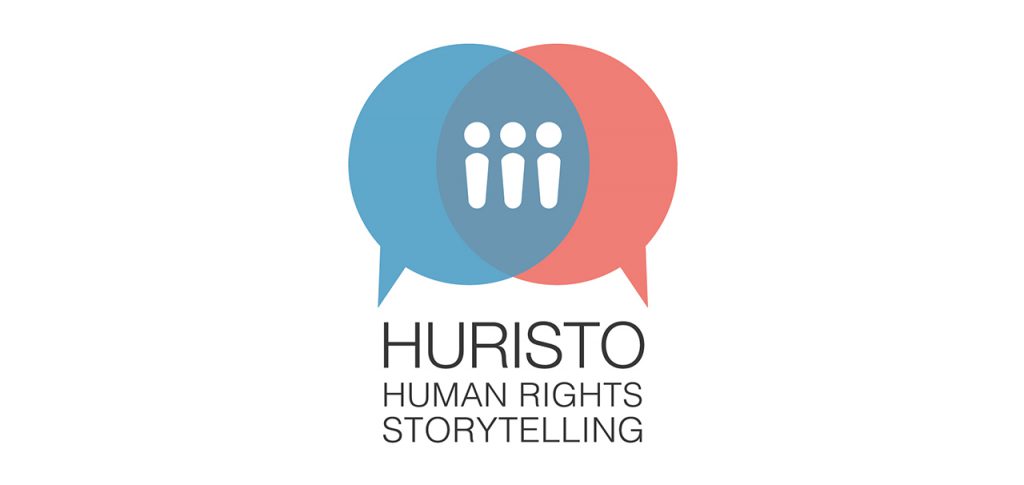
24 Oct HURISTO: Human Rights Storytelling
24 Oct, 2017
In October 2017 the HURISTO project was launched in Brussels. The project was coordinated by Maks and has been implemented in Italy, Spain and Belgium.
The purpose of the year-long project was to develop a methodology for awareness raising and advocacy about the European human rights charter as a part of global citizenship education with low skilled adult learners (refugees and migrants living in the city and natives living in rural places).
Two main documents have been produced: the The HURISTO Manual based on the digital storytelling technique and the Photolanguage set fpr students and for educators which contains a 30 cards created as a tool to start up conversations about Human rights during the training and identify situations in which these rights may be at risk.
Project partners have participated in a 5-days Train the Trainers in Turin in February 2018 where tutors coming from the different project countries have been trained on the Digital Storytelling methodology in order to be able to deliver the workshops to the target group. They then empowered low skilled adult learners to produce digital stories illustrating the different topics of the charter.
As part of the project, four webinars about human rights and storytelling with low skilled adults have been produced and delivered. Each of the four webinars has placed a focus on a specific aspect of digital storytelling:
- Digital Storytelling as a boost to adult education: the first webinar was an introduction to digital storytelling.
- Working with human rights and Global Citizenship with low skilled adults: the second webinar focused on the need of Global Citizenship in adult education. Some examples of the use of the photo language set, developed in the context of the project, were given;
- Production of a good story: in the third webinar the focus was on the actual production of a digital story. The story circle, the moment during which the digital story takes shape with the help of the other participants, was presented as one of the most crucial moment in the production;
- Ethical issues concerning digital storytelling: ethical issues involve the role of the facilitator whose aim is to create a safe environment in the group.
The main results for the adult learners are increased digital skills, reading and writing skills, awareness raising about the European Human Rights Charter and European citizenship. The work on the charter and the personal narratives also improved participants’ analytic media literacy, interpersonal and intercultural skills, but also core skills for employability like teamwork, problem solving, learning to learn and communication.
Additionally, the adult trainers increased their teaching capacities using digital media and the methodology of digital storytelling in particular.
ALL DIGITAL’s role was to disseminate the project results to key stakeholders in order to raise awareness about the need of inclusive social, cultural and educational activities for third country nationals. Moreover, the quality assurance and evaluation were conducted by ALL DIGITAL that acted as an internal evaluator of the project activities, not being directly involved with the implementation of the training.





